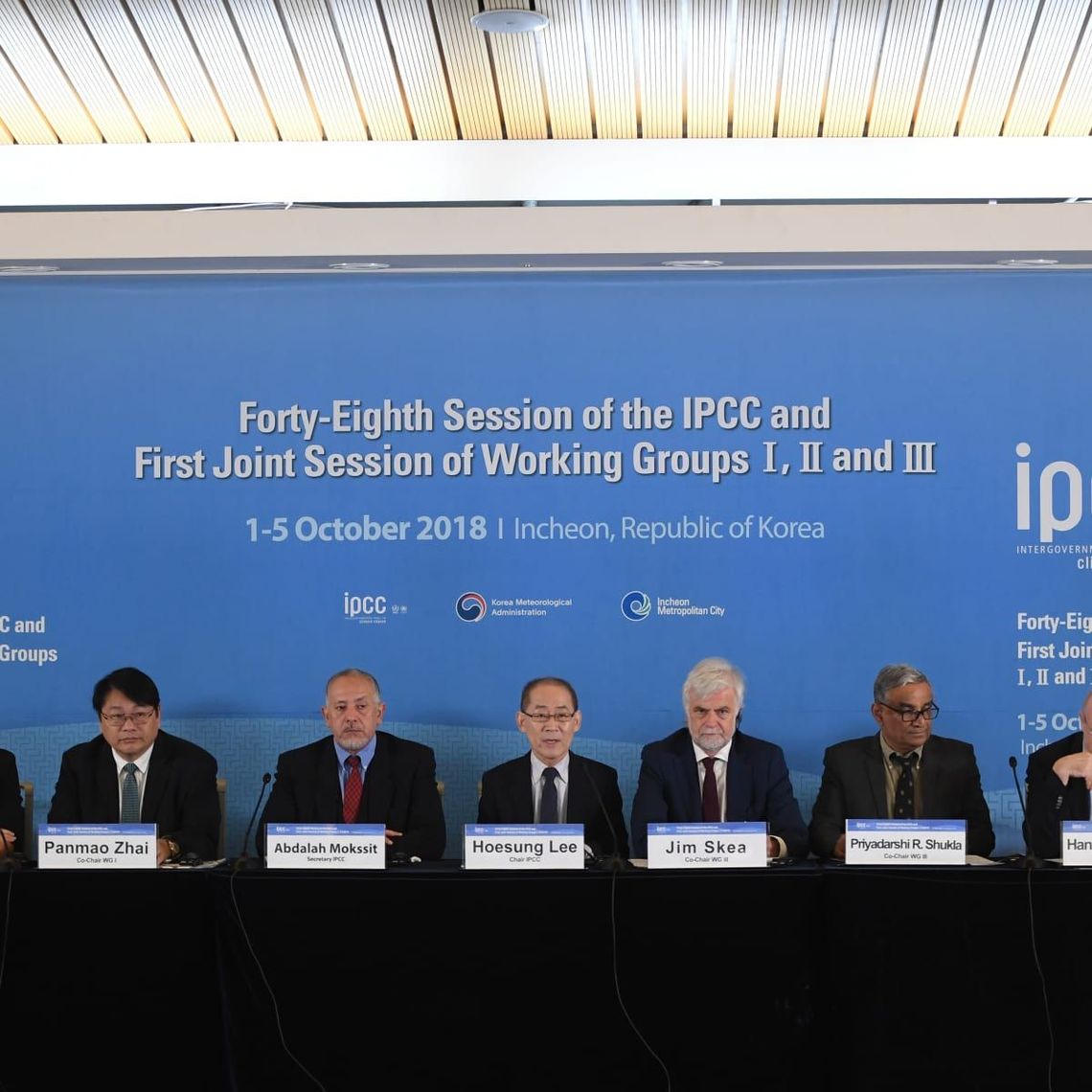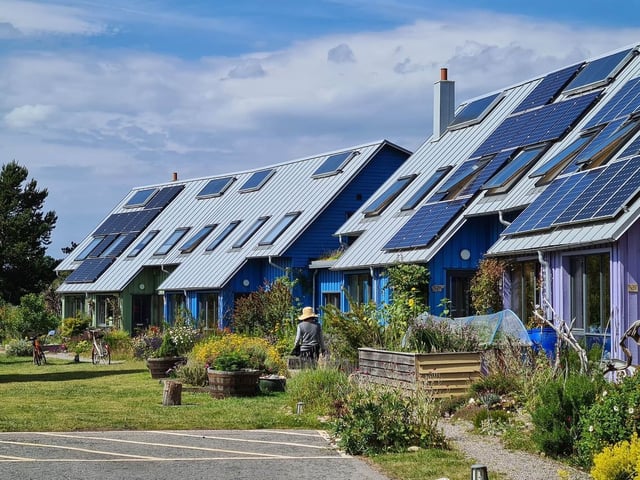
If I could give other journalists covering this report just one piece of advice, it would be this. The Summary for Policymakers (SPM) goes through a tedious approval process during which representatives from 195 governments (some of them very dependent on our continued dependence on fossil fuels, cough cough the U.S. and Saudi Arabia, I'm looking at you). The Technical Summary, on the other hand, comes straight from the authors and is generally released at the same time as the SPM. As Max Boykoff, a contributing author to Ch 13 (on policy) put it: "The technical summary is the one that's prepared by authors of the report. So it does go through a review process by governments and experts, but ultimately the authors have a say there." Whereas with the SPM, while authors can reject input that would make the summary inaccurate, that seems to be the most they can do to maintain the integrity of that document; preventing it from becoming a mealy-mouthed political document on the other hand, not so much.
I'm not sure why anyone in media bothers with the SPM at all anymore except that it is shorter and maybe sounds less intimidating? The Technical Summary might add a few more pages (it's 145 pages in total), but is so much more clearly written and straightforward it doesn't take much longer to read and gives a much more accurate summary of what's actually in the report. Again, it absolutely screams: Do something! Here are several options!
At the press conference announcing the release of the report, Diana Ürge-Vorsatz, a contributing lead author of the Technical Summary and vice-chair of Working Group III noted: "in every sector there are options available that can at least halve emissions by 2030 and keep open the possibility of limiting warming to 1.5 degrees."
Some highlights to take note of:
The interaction between politics, economics and power relationships is central to explaining why broad commitments do not always translate to urgent action.
Further on in the summary, it notes:
Many net zero targets are ambiguously defined, and the policies needed to achieve them are not yet in place. Opposition from
And then it tackles misinformation head on. This is the first IPCC cycle that has included the impact of misinformation at all. The Working Group II report included it in a few spots (particularly North America-specific parts of the report), but to see it right up front in the Technical Summary is refreshing, and I think a sign of the increased involvement of social scientists in this assessment.
A broad group of actors influence how climate governance develop over time, including a range of civic organisations, encompassing both pro-and anti-climate action groups.
"Estimates of future CO2 emissions from
Underneath that heading, the summary notes:
Decommissioning and reduced utilisation of existing fossil fuel installations
Emphasis is mine here, but what the research shows unequivocally is that not only can we not build ANY new fossil fuel infrastructure, but that we must begin to decommission the infrastructure that already exists and transition off of fossil fuels...yesterday.





